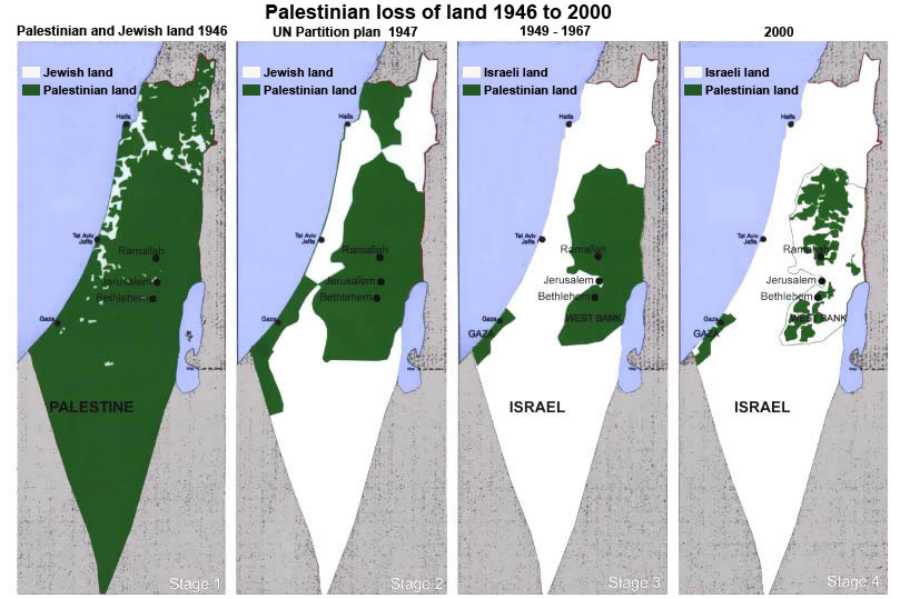Really? In a world with a highly developed, if somewhat inept, international body like the UN, their only solution is to fling rockets at each other? Liberal democracies in the Western World have demonstrated their desire to achieve peace, but it's kind of hard to talk about peace when civilians are being killed left and right. The best thing for Hamas to do would move towards moderation in Islam, and embrace non-violence. Where's Gandhi when you need him?
A country doesn't have to do all of the work for independence itself anymore, it can have the United Nations come behind it. How do you think Israel was formed? Of course, the moment after being established, the Arab world descended on it like a pack of wild dogs. So violence and xenophobia have been ingrained in Israelis/Palestinians since the get-go, how does one get rid of that? Getting moderate forward thinkers in charge. People who can say that despite grievances in the past, grudges would not be held, blame not tossed around.

